Filipino, American, and Caught in Between | How ’90s Rap Icon Butch Velez and Masta Plann Gave the Diaspora a Beat
Written by Jennifer Redondo
“When did you fall in love with hip-hop?”
For Butch Velez, a.k.a. Tracer One of the legendary Filipino-American group Masta Plann — that question isn’t just a line from 90’s hip hop classic Brown Sugar. It’s the spark that lit a cultural movement. In the early ’90s, long before rap went mainstream in the Philippines, Masta Plann was already on the mic, bringing hard-hitting bars, boom-bap beats, and unapologetic Fil-Am swagger to Manila’s underground scene. Their music didn’t just make noise, it made history.
We sat down with Butch Velez of Masta Plann, the man who pioneered "American" rap and hip-hop in the Philippines in an era before YouTube, streaming, or even CDs. In the ’90s, many of us will remember that it wasn’t uncommon for Filipino families in the U.S. to send their “troubled” kids — often caught up in gangs or struggling in school — back to the Philippines in hopes of a reset. For many of these second-gen teens, Manila wasn’t a homecoming. It was exile.
But Masta Plann offered something familiar: boom-bap beats, streetwise flow, and the kind of lyrical honesty that felt like survival. Tracer One’s voice echoed the tension, pride, and duality of being Fil-Am, giving those caught between cultures a soundtrack that understood them. In this interview, he reflects on the moment hip-hop became more than just music, and how Masta Plann helped give voice to a generation between worlds.
1. Tell us about yourself.
Butch Velez: I go by Butch Velez also known as Tracer One, which is my rap name. I was born in the Philippines. At two years old, I left the Philippines to come to the United States. I grew up in Los Angeles, California. I went back and forth to the Philippines quite a lot because my sister, Vivian Velez, is a famous actress out there.
I went to high school in San Fernando Valley, and that’s when I started getting into music. I started to do a lot of gigs in the late 1980s, but it really wasn't going anywhere. At the time, there weren't too many avenues for Asian or Filipino rappers to be seen. I don't think they were ready for it back then. So, it was hard to get gigs. In 1991, at 20 years old, I decided to pack up and leave for the Philippines. I went out there to give myself a chance to start my music career, along with Johnny Luna. Together, we started our rap group, called Masta Plann.
We went to the Philippines, and thanks to my older sister’s connections, she was able to introduce us to the right people to help us get our foot in the door. My parents were supportive, but that’s really because my sister already opened the door, proving that we can be successful in entertainment.
Prior to moving to the Philippines to pursue acting, my sister was getting into a lot of fights and trouble. Back in the 1970s, there was a lot of racial tension. Filipinos that had just migrated to the United States, got bullied and made fun of at school. Because my sister was very tough, she never backed down. Hence, the fights. My parents decided to ship my sister back to the Philippines to stay with my Uncle Manny, who was a screenwriter and director for movies. To keep my sister busy, my uncle got jobs for my sister to work as a model or extra work as an actress. She grew accustomed to that and she really liked what she was doing. Being sent back to the Philippines was a blessing in disguise for her because it opened up the doors to her acting career. She has been acting ever since. Thanks to her, I was able to break into the entertainment industry as well!
2. How did you get into music?
Butch Velez: My sisters! They always had vinyl out and they were always blasting music. We grew up during the 1970’s disco days. I was just a little brat running around listening to music and dancing around with them. I was always a good dancer, but at seven years old, I discovered my voice. I figured out how to sing along with my favorite songs. From there, I realized I didn't have a great singing voice. That’s when I discovered hip-hop! When I discovered rap, I started to write my own rhymes. I started rapping as early as junior high. When I got to high school in the 1980s, I got a little more serious. This might sound cliche, but I fell in love with hip-hop the first time I heard the Sugar Hill Gang and Run DMC. I love everything about hip-hop culture: breakdancing, graffiti, and fashion! I was engulfed in that, and I was obsessed with hip-hop culture and I knew that I wanted to do that. It was my passion.
3. At what point did you form your rap group?
Butch Velez: Right after high school, I was starting to write more songs. I was trying to do music professionally. I had another guy, Phoreyz, that I was supposed to go to the Philippines with. He's a big DJ out in Las Vegas right now (Shout out Phoreyz!). We started writing songs and performing together. When the time came to go, his parents were like, “Hell no! You're not going to the Philippines. You're going to sit here and finish school out here.”
That was sad news to me because I wanted to make a rap group. At the time, there were only a few emcees: Rap Asia, Bass Rhyme Posse, Andrew E., Francis M., and Michael V. I wanted to bring more than just rap music to the Philippines. Rap is just one little part of hip-hop. Hip-hop is a culture.
Since Phoreyz couldn’t make it, I scrapped the idea of forming a rap group and moving to the Philippines for a bit. Aside from music, I was also an avid skateboarder. I was a sponsored skateboarder and I competed all over the place. One of my other buddies, Johnny Luna, was also a skater who I would see at skate parks and events. I didn’t really hang out with him all the time, but I would see him at spots. Because we're both Filipino, we of course would say hi and say what’s up to each other. I heard him rapping just freestyling on the side at one of these skate parks that we were at. And I was like, "Dude, I didn't know you rapped.” One thing led to another. We started writing rhymes. We started vibing together. We packed up our bags and we went to the Philippines. And that's how we started.
4. Did you have a plan when you left the United States to pursue music in the Philippines?
Butch Velez: We had no plan. We had no record deal. We basically went out there on a whim. We didn’t really have a master plan, which is ironic, because our group name was Masta Plann!
We were thinking we could just go out there and hopefully get signed and make some money. With that, we were thinking we would come back to the U.S. and buy some 1990 baby (Mercedes) Benzes. We had very juvenile thoughts on how we were going to make money. We were just focused on making music.
It was a bit of a struggle when we first got to the Philippines. We started to go to the clubs and showcase our music. I tapped into my sister’s network, and luckily, she was able to set up some meetings for us. In the 1990s, it was tough to be accepted. It was especially tough because locals would refer to us as “Am-boys” (American boys). Although I understood Tagalog fluently, and could fluently speak the language, my accent was not good at all. That made it hard to get around, and I would get made fun of.
5. When did you get your big break?
Butch Velez: Luckily, my sister was able to set up meetings with different record labels. We had a meeting with Boss Vic, the head honcho at Viva Records. We auditioned and he listened to us. Boss Vic wanted to pair us up with Andrew E. No disrespect to Kuya Andrew. Love him, but we wanted to do our own thing. At that time, Filipino rap was more comedic than true hip-hop. We were really deep into hip-hop – to the point where the group name we pitched was Knowledge Brought Forth.
During our meeting with Boss Vic, he questioned if I even knew what Knowledge Brought Forth meant. At the time, there was a popular R&B group called Adobo, which stood for a dose of brown origin. Boss Vic suggested that we change our group name to Diniguan, a popular Filipino dish that Americans refer to as “chocolate meat”. I didn’t think that was a good idea, and I didn’t feel it was the right fit for us. We ended up passing on that opportunity so that we could do what we wanted to do.
We kept going out, trying to get local gigs here and there. Then, my sister introduced us to one of her good friends, Rico J. Puno, who is a famous Filipino singer. He helped us and introduced us to different people. Eventually, that led us to Jesse Cambosa Gonzalez, who would later become our manager. Jesse ran the disco mix club and the emcee DJ battles in the Philippines. Whenever they had DJ battles and gigs, we would come out as the emcees. When we met Jesse, he was holding three of the Philippine DJ champions: Sonny, DJ Ouch, and DJ MOD. We got paired up with them and then we started doing gigs together. We were opening for the DJs and after that, we came up with the idea. We'll just have three battle DJs, two emcees, and then we'll get some B-boys. This could be collectively our group: Masta Plann.
Masta Plann rapped purely in English. People enjoyed our sound, but you could just tell they couldn’t fully understand us because they were just staring at us! We had three DJs scratching. People had never seen anything like this so they were tripping out. I saw that they liked it and were in awe with what we were doing. We kept doing gigs here and there, then we eventually got the opportunity to rehearse with Geleen Eugenio , a popular choreographer at the time. She was the head dancer and choreographer for Universal Motion. We were practicing at their spot, and she asked us who we were. Bella Tan, the owner for Universal Records, was one of Geleen’s friends. Because Geleen found us interesting, she set up a meeting for us with Universal. This was happening around the time that “Rump Shaker” by Wreckx-n-Effect was one of the biggest songs. We had our meeting at this club called Mars, and when we walked in, “Rump Shaker” was playing. That’s when Bella said, “If you can make a song that sounds like this, I’ll sign you”.
No problem! We can do that! On the ride home, we wrote our first hit song, “Bring Dat Booty”. We presented it to Bella. She liked it and we signed our first contract with Universal Records. We had a two album deal and we were off to the races. In the 1990s, it was much different because we had to book studio time to make music. Not everyone had home studios and barely anything was digital. We recorded in an analog studio, the old school way! We made our first album and fortunately it hit. That’s when Masta Plann took off and we started our career!
When we released our first album in 1993, we gave it to all of the DJs to play on the radio. Our album cover didn’t have our picture on it. It was just an image so people didn’t know we were “local” rappers because our entire album was in English. We wanted people to play our music because they liked it. During that time, they didn’t really play local, Filipino artists in the clubs. But they were definitely playing our music. It was only until we did our promo tour, that they found out that we were Filipino-American.
Our song hit all over the Philippines, and it went international with MTV Asia. It started picking up in Hong Kong, Australia, Malaysia and Indonesia. We went on a tour to Malaysia and Indonesia. Because our album was purely in English, everyone was able to enjoy it! It was able to spread worldwide.
6. When and why did you return back to the United States?
Butch Velez: We dropped another album in 1994. A couple years later, we were up for another contract. It was an interesting time to be in music in the Philippines. The country was heavy into rock music. In 1997, rock and hip-hop were clashing. Everyone that liked rock was against hip-hop (and vice-versa). It was a big battle that we didn’t want to deal with.
Timing worked out because my son was born and I wanted to go back to the United States. We got a bit of a reality check. We came home, looked back on our accomplishments, and then we settled into our new daily grind – getting normal jobs, sending the kids to school, and just tried to reset. Then, Francis Magalona reached out to us to let us know that he was signing a contract with BMG, to run an independent label that they were going to distribute called Red Egg Records. In 2000, we went back to the Philippines to drop our third album. That’s when we added a third emcee, Johnny Krush, to the group.
After that, we ended up coming back to the United States. We started living life, trying to maneuver through life. It was a very humbling experience. Everyone got normal jobs – Johnny Krush became a nurse. I got into the skateboard business and opened up a skate shop called 118 Board Shop in the San Fernando Valley. I also had my daughter, and I wanted to bring up my kids in the U.S. I didn’t want to depend on music for my sole financial means. I wanted to have something more solid than music.
7. Did you fall into the Filipino belief that you needed to find a stable job versus pursuing your passion?
Butch Velez: You can't put all your eggs in one basket. I had a background in riding skateboards and I love skating. It was another passion to be able to run a skate shop and be around that element. After the skate shop, things just started happening. I got into bartending and some of my buddies and I opened up a bar called the Blue Monkey Lounge in Hollywood. I was bartending and I was also the bar manager. Being a bartender was similar to rapping for me. I like watching people enjoy something that I made – whether that’s music or a cocktail.
I didn’t give up music. I was also booking talent to come into the bar. Artists were coming to our bar to perform. The Blue Monkey became a little hip-hop spot in Los Angeles. It was a Filipino-owned bar that hosted major record release parties, including Raekwon. We had J Cole and Kendrick Lamar before they blew up. We also had Anderson Paak playing drums, back when he was living out in Pasadena, before he blew up! We gave him Wednesday nights because he just wanted to play drums with my homie, DJ Skitz. I was running all the music, watching all the amazing artists blow up around me! It was cool to see them evolve. I can't believe we used to see them at our bar! Unfortunately, the bar ended up closing down after seven years. We left because the landlord wanted to gentrify the building.
8. How do you manage to keep evolving and transitioning from one thing to another?
Butch Velez: We are in California so we decided to get into the cannabis cultivation game after the bar shut down. It was interesting and it was sketchy because at the time it wasn’t federally regulated or legal throughout the U.S. That was fun, but we wanted to open up another bar since we still held our alcohol license. We ended up opening Barkada, a restaurant with a bar in Hollywood. We did that for a while until the pandemic hit in 2020. That’s when it was tough for us to keep the doors open, especially because we were depending on hosting live, in person events. We needed food sales plus live events with people in the seats to keep the place alive. We couldn’t afford rent on just food sales alone so we had to shut down.
9. What’s next for you?
Butch Velez: My business partners and I decided to get back in the cannabis game. Just recently, we opened up our dispensary, Plant Based, in Highland Park. I’m still doing music and dropping singles here and there. Masta Plann is down to just two emcees now, just Johnny Krush and I. We have been dropping music for the last 10 years, and we still go back to the Philippines to do tours every two years. We also do a bunch of shows in the United States.
Last year, we did a show with Pharcyde in Kauai. That was a big deal for us! Being able to open for them was one of the best experiences. They are some of the coolest guys in the world and Kauai is a beautiful island. We are still doing music. We have a show coming up on June 7th in Torrance. It’s a throwback, 1990s show called “Hip-Hop and Harmony” and we will be performing with other artists including INOJ.
10. What advice and words of wisdom do you have for other aspiring artists and entrepreneurs?
Butch Velez: Find your homies! I found mine and we're always trying to do something. We don't let anything get us down. Even when we opened Barkada, it was really promising, but then that pandemic just killed us. But, we kept it moving. You just can't let it get you down. And you just keep trucking.
Filipinos are resilient. We are always finding ways to reinvent ourselves and find ways to hustle. It’s in our blood. We always figure it out! Also, you have to find your source of inspiration. For me, that’s my family. And I also want people to be happy and have a good time.
When we first came to the Philippines, we weren’t being accepted by our own – even though we were Filipino, we weren’t being fully embraced. Now, you see hip-hop is such a big thing. It's good to see how that happened and it was good to know that we helped pave the way and open doors for hip-hop in the Philippines. Now, it’s huge and fully accepted. It's very humbling to know that we were part of that whole culture and were able to open doors for people.
Back then, we didn’t have the internet or social media. When we were coming up, we actually had to go to every single radio station and we had to do a radio tour. The only way for people to discover us was through TV or the radio. Nowadays, it's so crazy. I can stay home and do everything myself – I could make music and promote myself all over the world just sitting here and have not had to move out of this chair. But back then, you really had to get out there and grind. It was a lot tougher back then to try to even sell 30,000 units of actual tapes and CDs. Now, it’s all about the views! It’s just so wild thinking about how we were able to sell that many units without any kind of social media or internet.
11. Where can people find you and your music?
They can find me on Instagram @og_tracer. Masta Plann’s music is available on all music platforms.
Written by Jennifer Redondo
Co-Founder and Co-Author of In Her Purpose


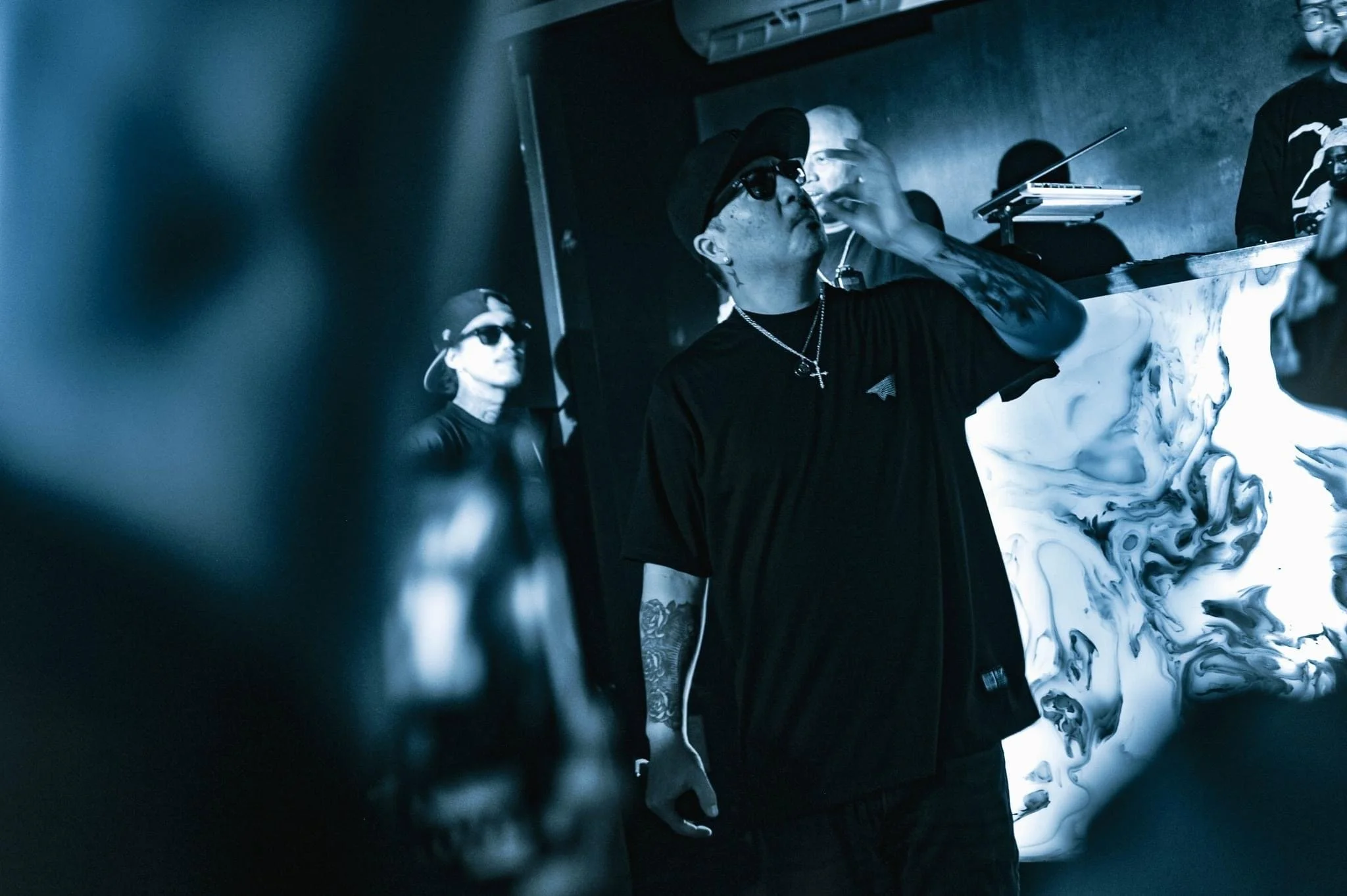
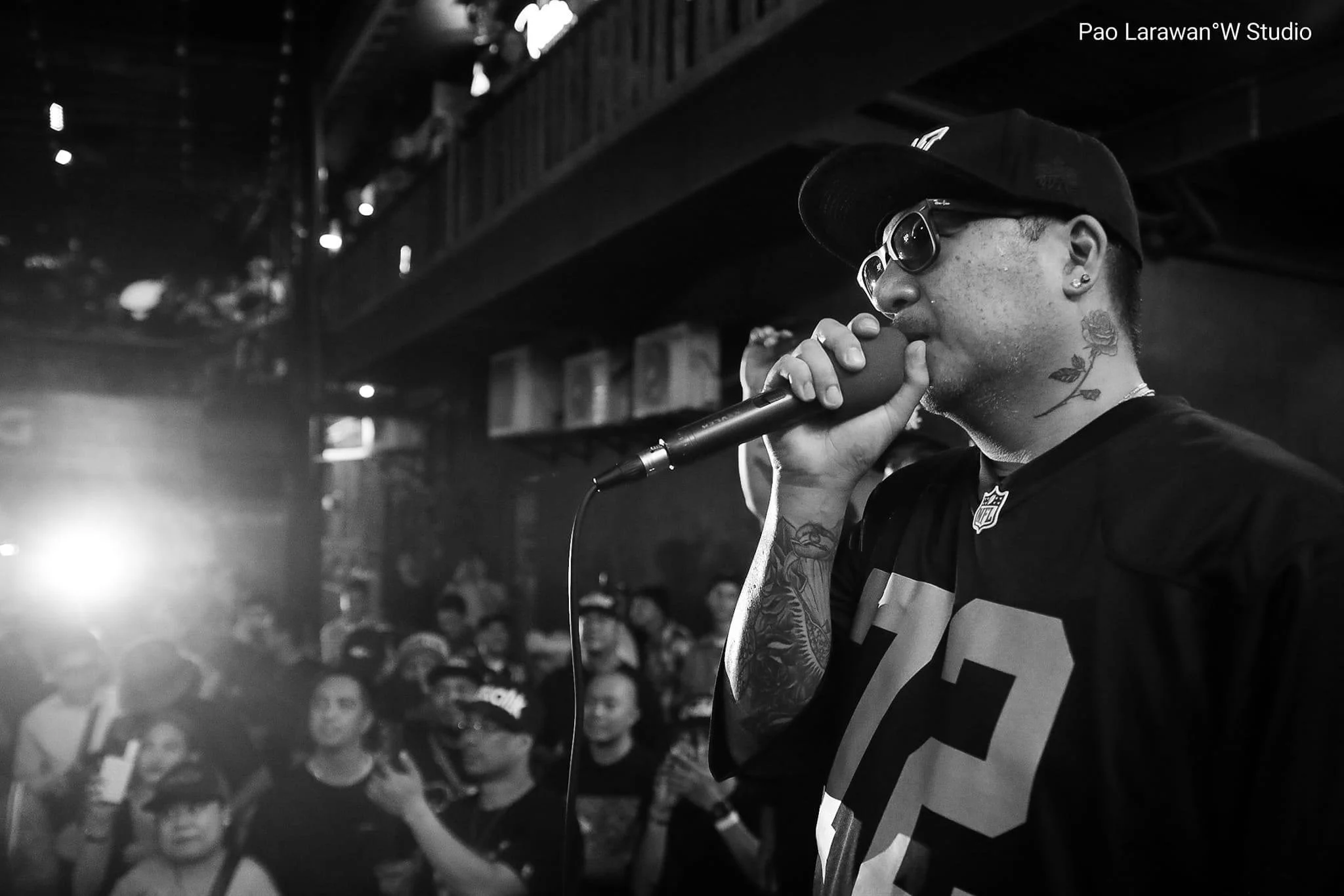





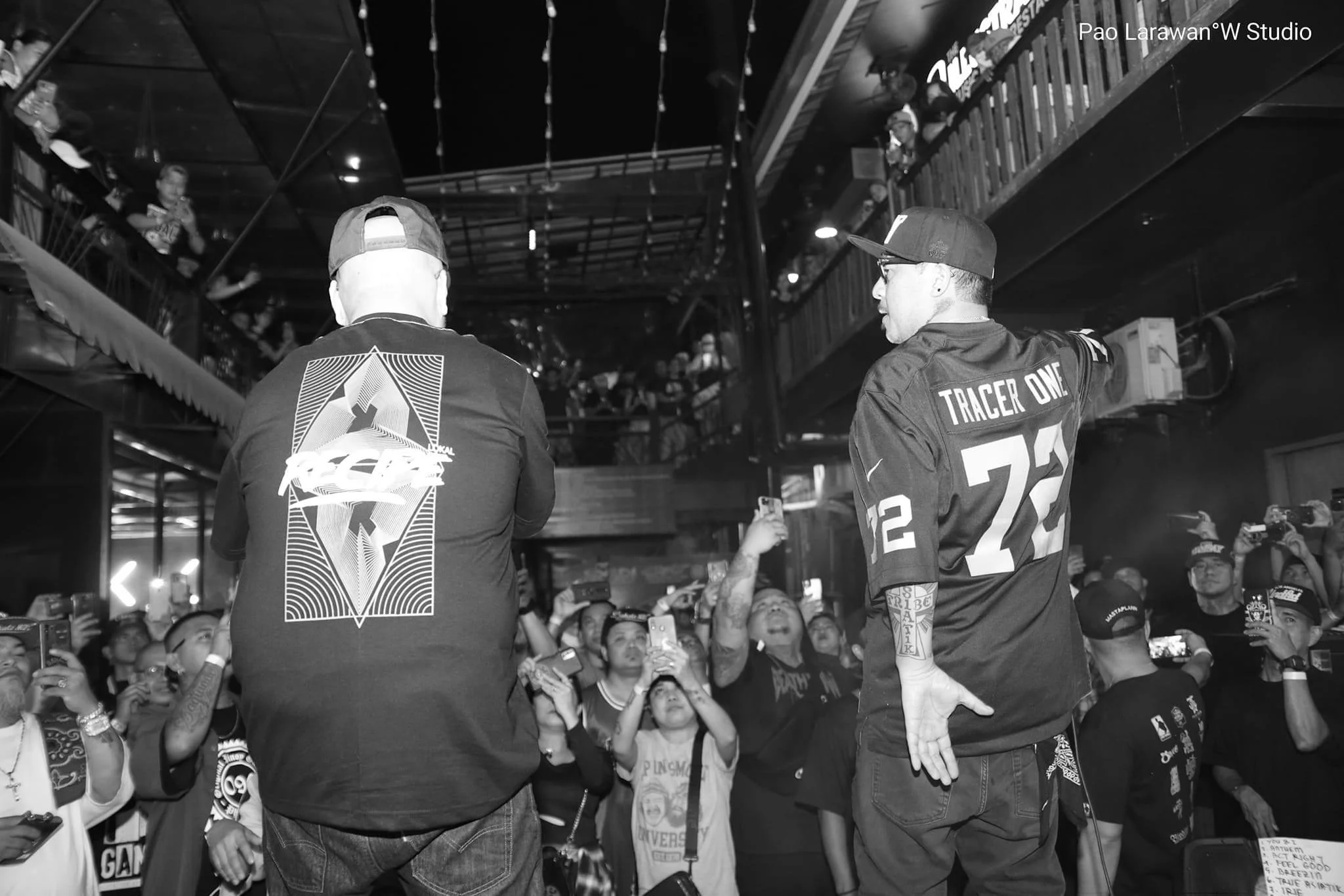


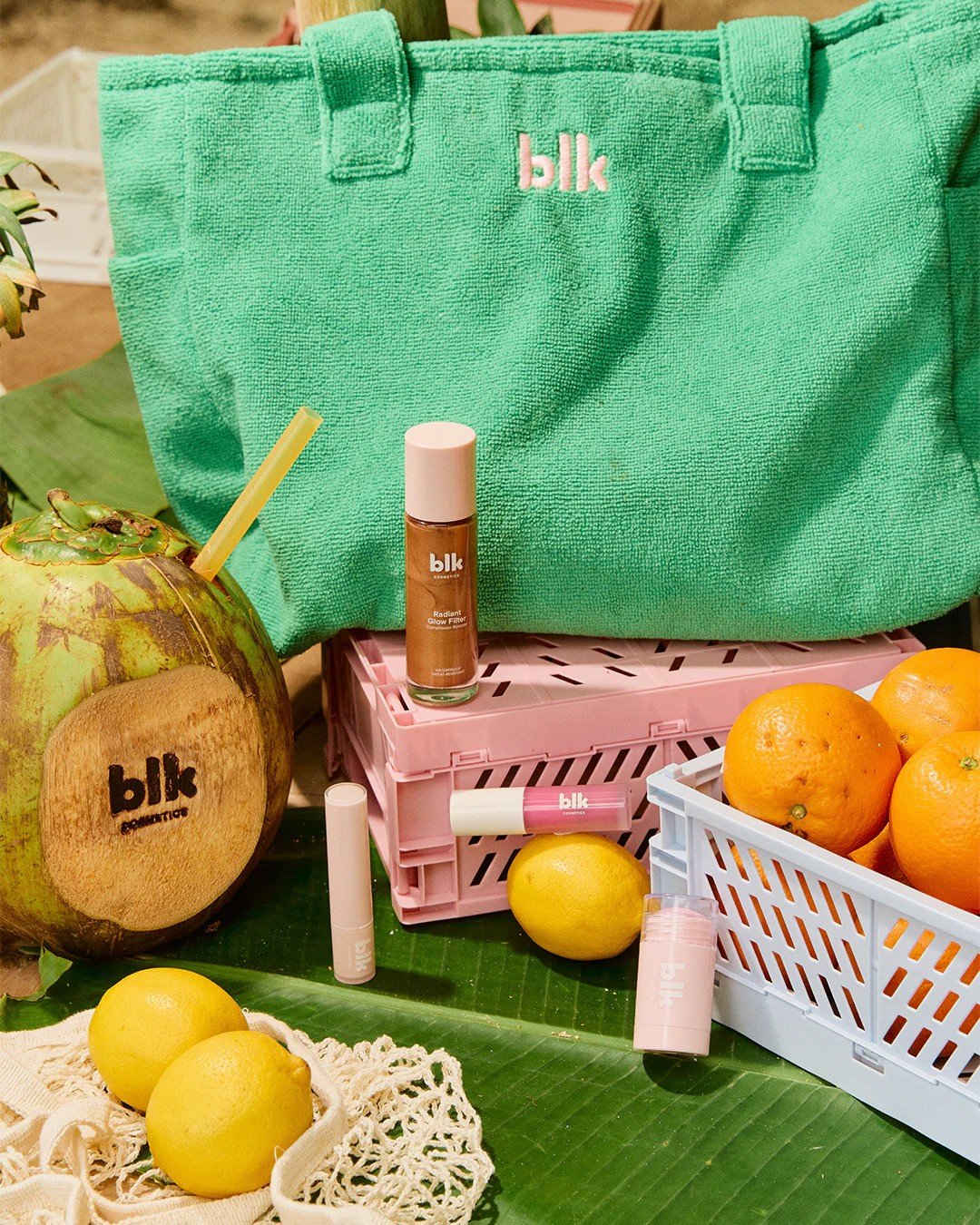


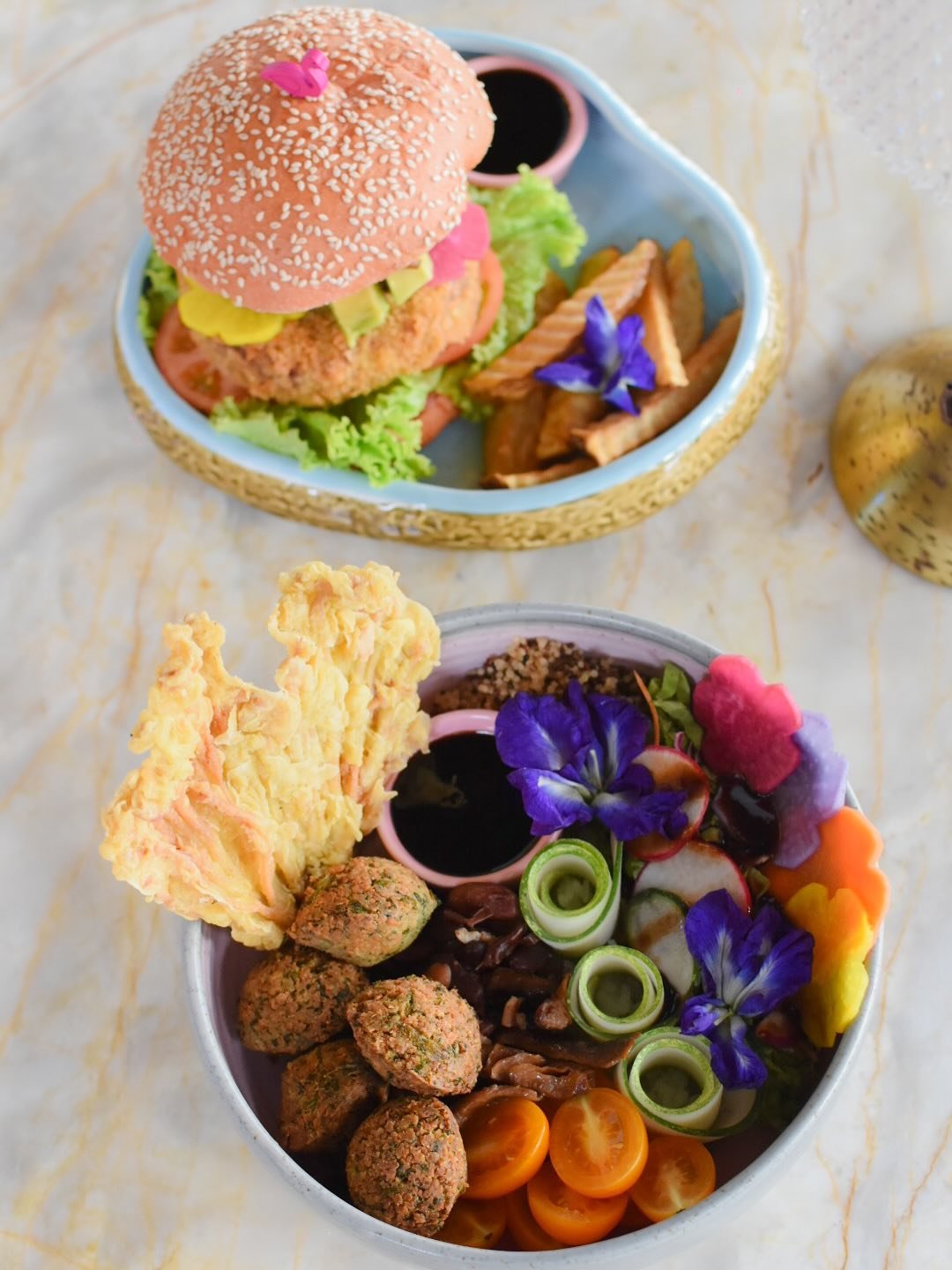

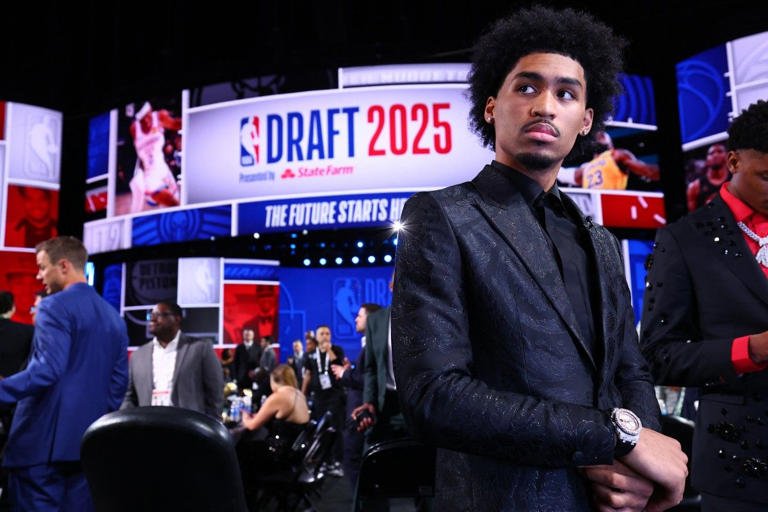

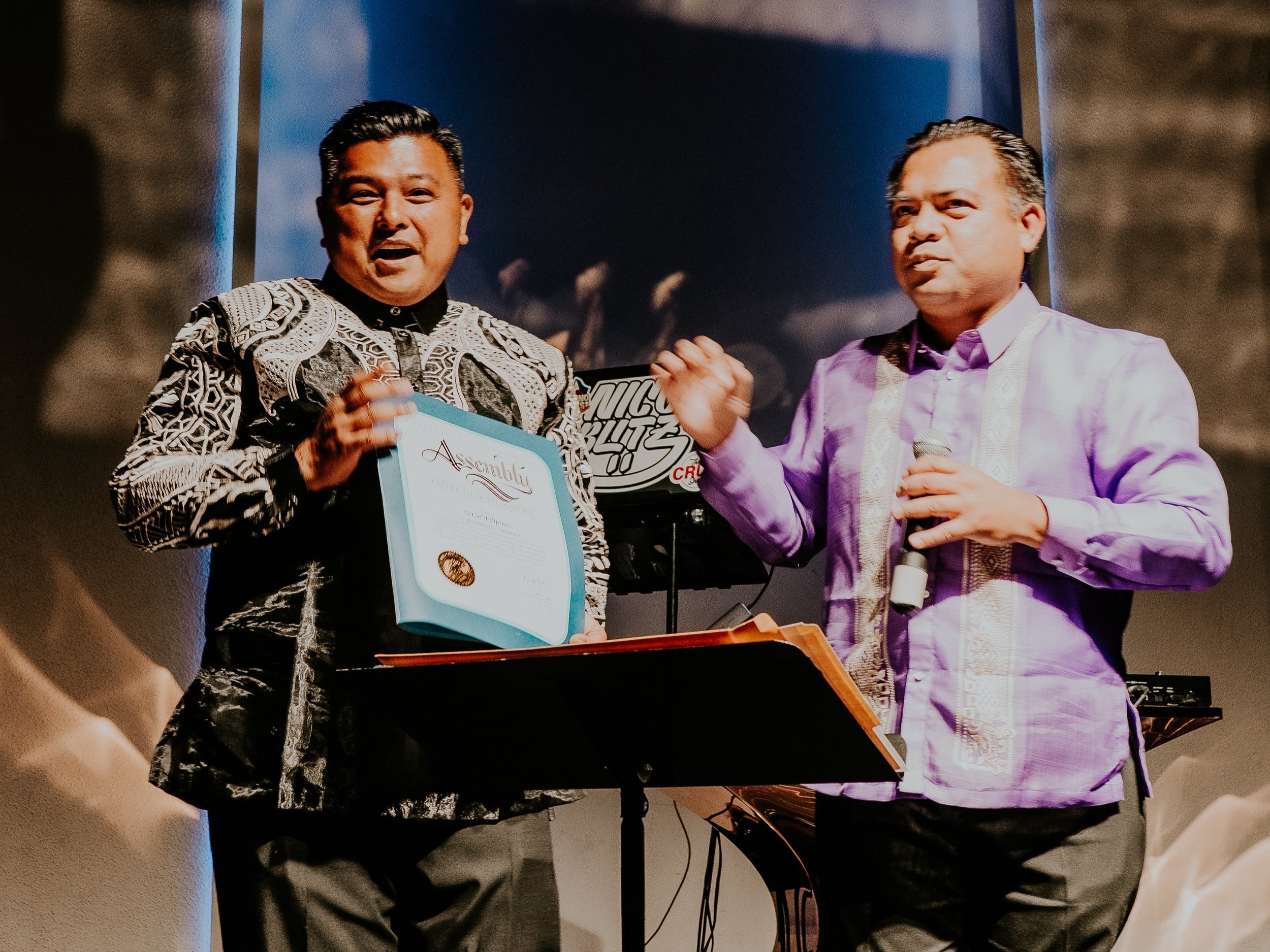

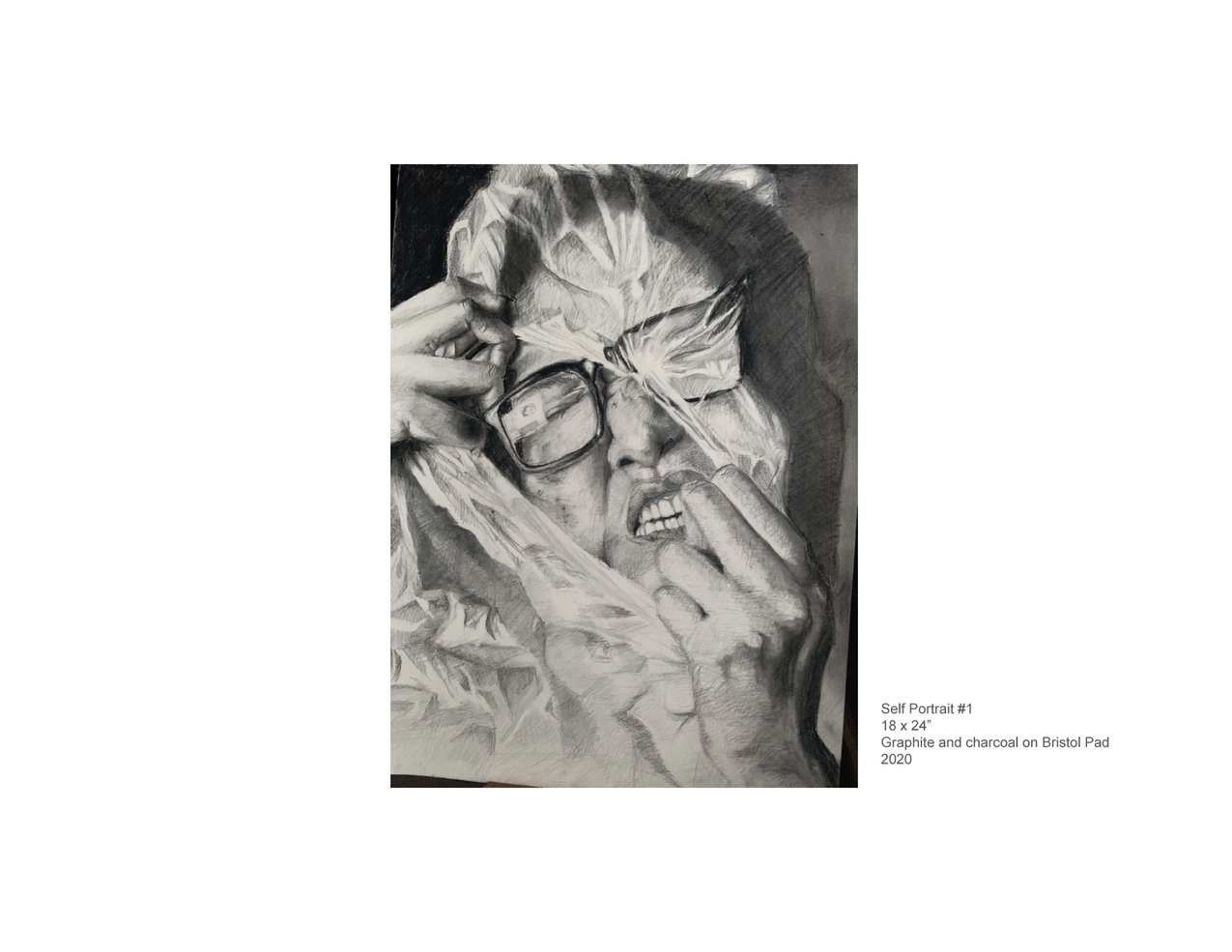

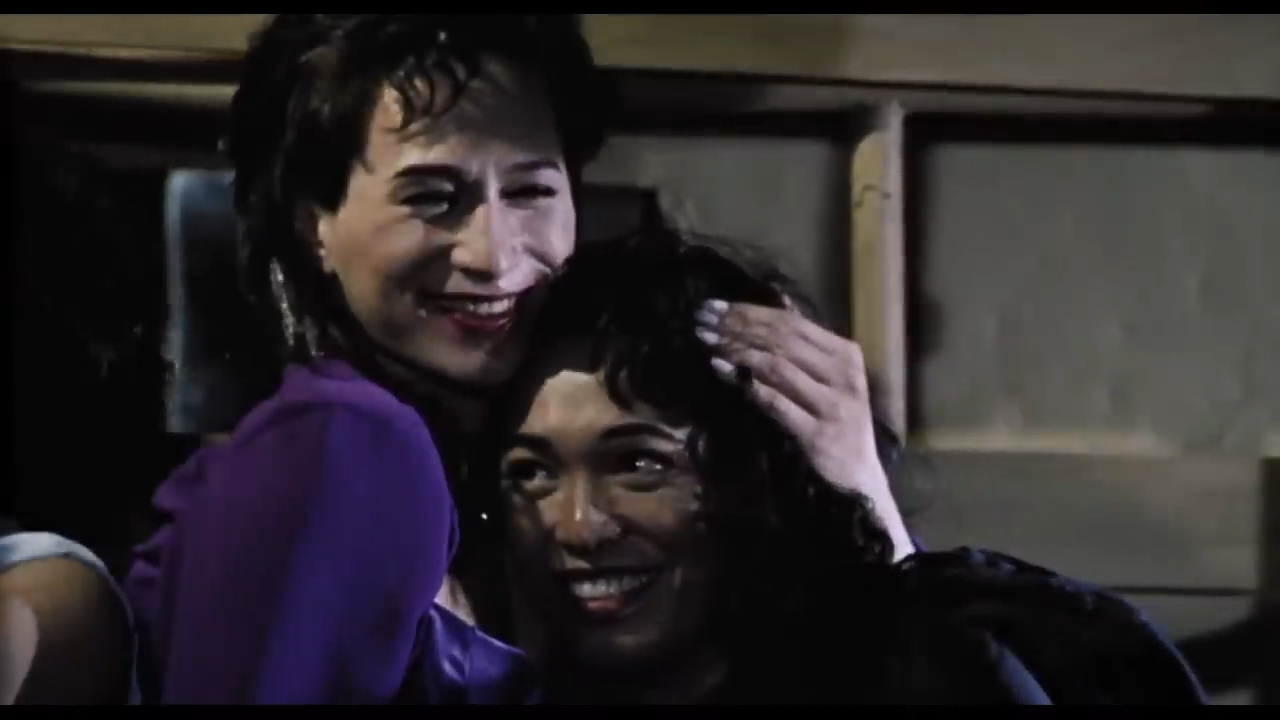




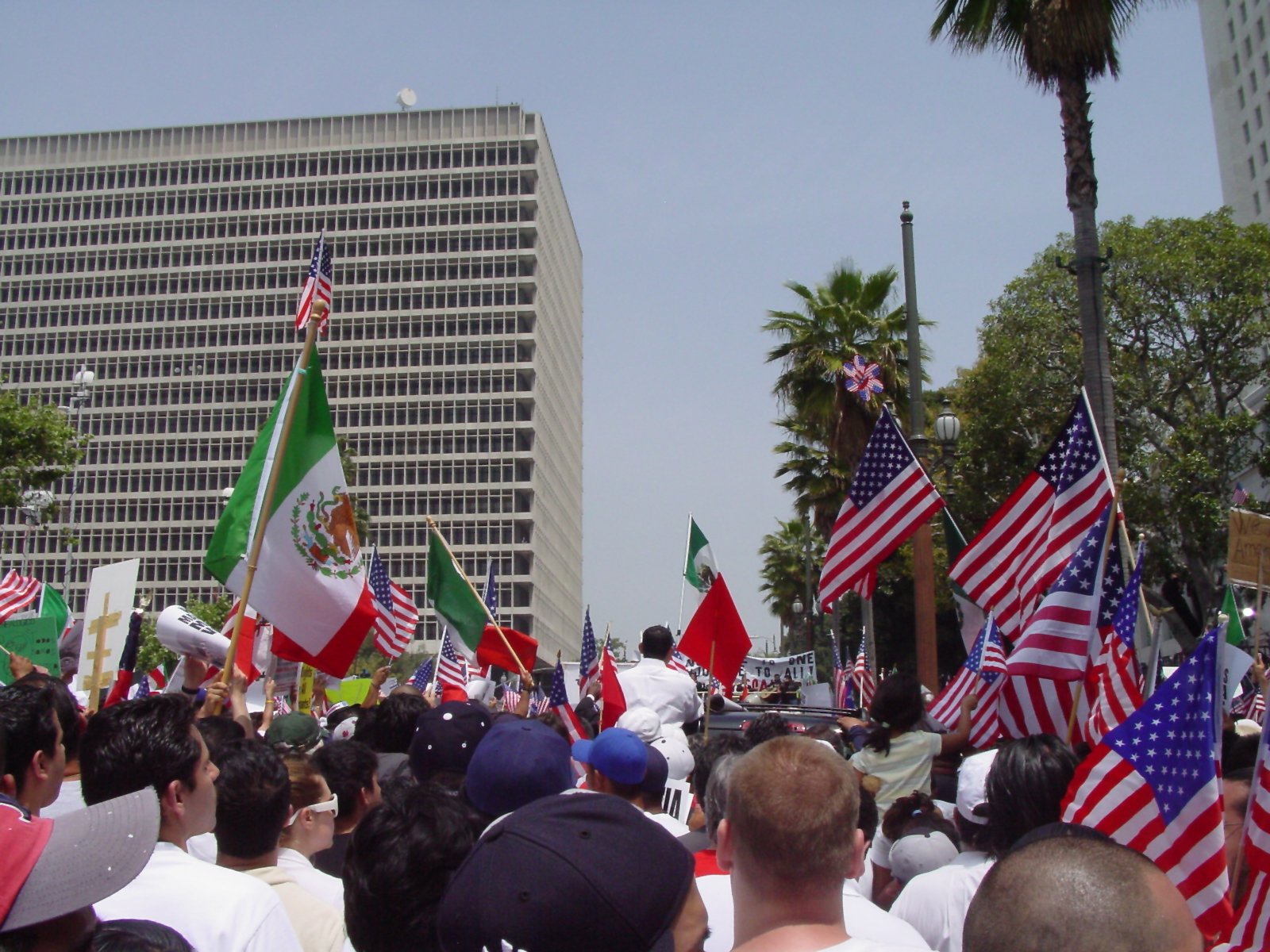
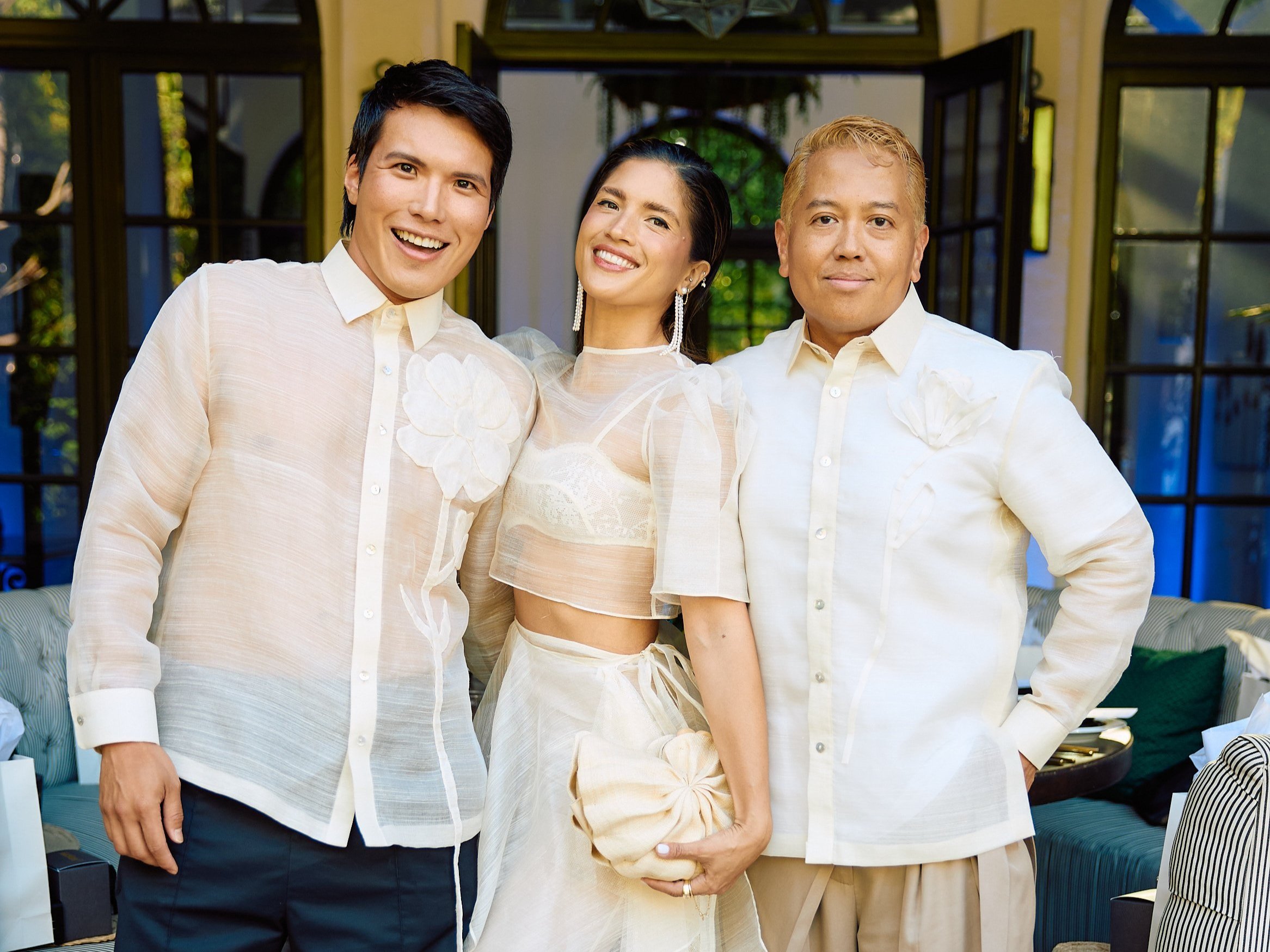




They said we were too young. Too brown. Too bold. But we’re here, and we’re not waiting our turn. This isn't a quiet revolution. It’s loud. Young Filipinos are rising in politics. And it’s already begun.
Read More